Celebrating Lunar New Year at iKids Montessori Academy
Celebrating Lunar New Year at iKids Montessori Academy
2023-01-27
![[object Object]](https://ikids-back-staging-mooc.s3.ca-central-1.amazonaws.com/get_to_know_the_montessori_module_blog2_img_feature_10d73e7904.jpg)
As we have discussed in our previous blog, the Montessori philosophic module is characterized by an emphasis on independence, freedom within limits, and respect for a child's natural psychological development.
Montessori education tends to be student-led and self-paced, where students are given the freedom to be creative and independent with some guidance from caring and knowledgeable teachers.
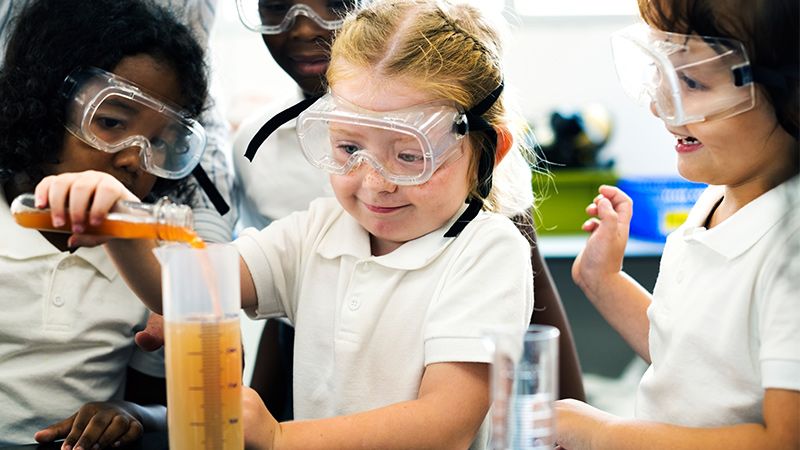
If you ever talk to a Montessori educator, you are likely to hear a cascade of praise for the Montessori Method. But what, specifically, are some of the pros of a Montessori education?
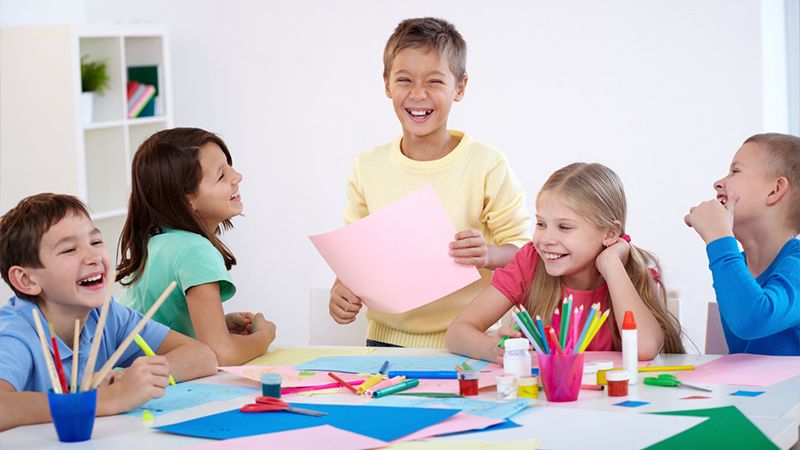
While conducting her research, Dr. Maria Montessori, the woman behind the Montessori philosophy, found that next to learning from their own experience, children learn best from other children. Therefore, she created a mixed age group where the younger children imitate older and older children reinforce leadership skills by sharing their knowledge with the younger children.
Each classroom consists of the following five aspects of learning:
If you would like to sign up your child today in a Montessori classroom you're looking for daycare service in Markham or Richmond Hill area, feel free to shoot us a message and we would love to chat more about our curriculum and the different programs we offer.
At iKids Montessori Academy, we profoundly believe that all children are competent, capable, curious and rich in potential. We desire to ensure that each and every child in our care is successful by fostering these areas in their daily experiences.
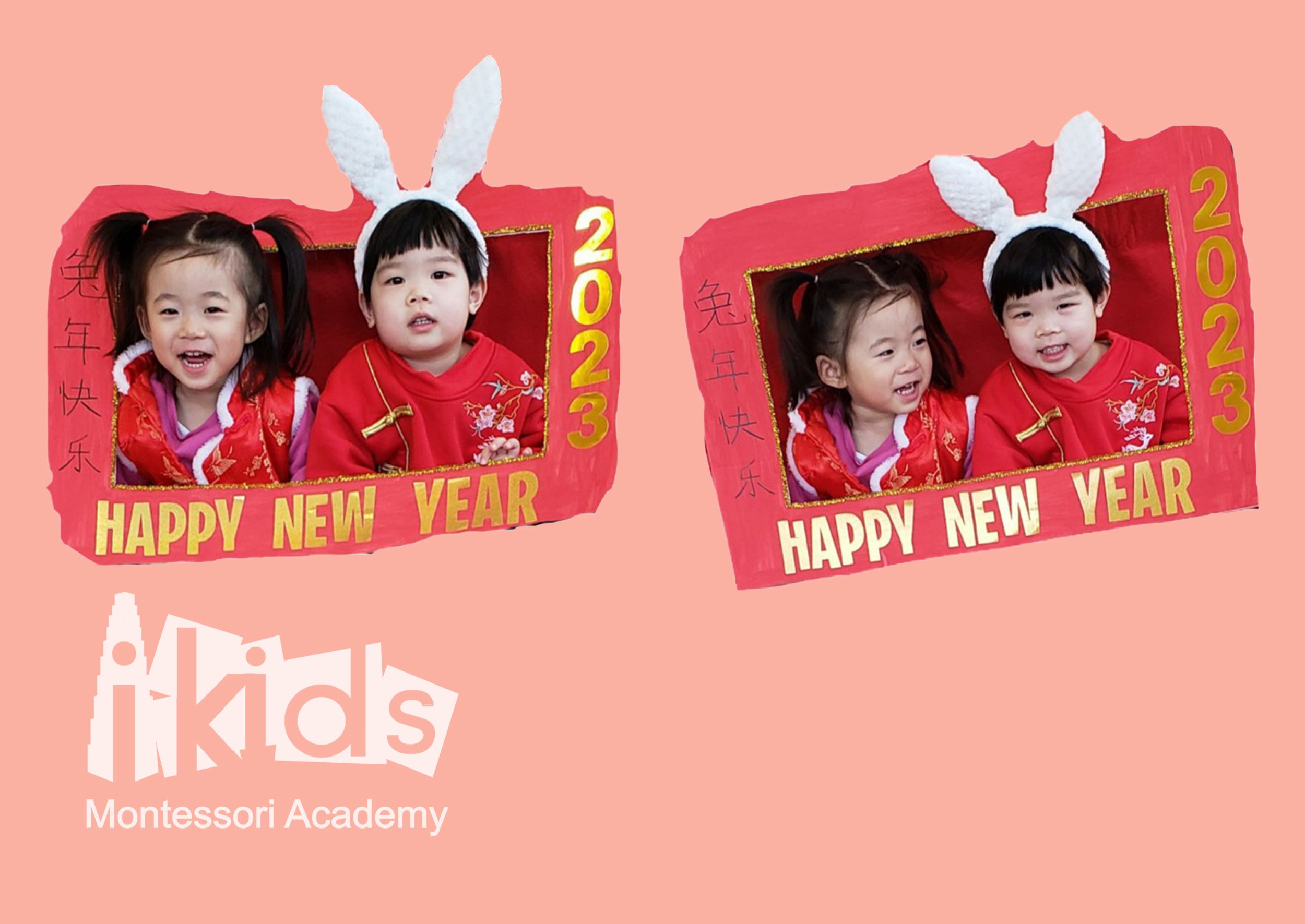
Celebrating Lunar New Year at iKids Montessori Academy
2023-01-27
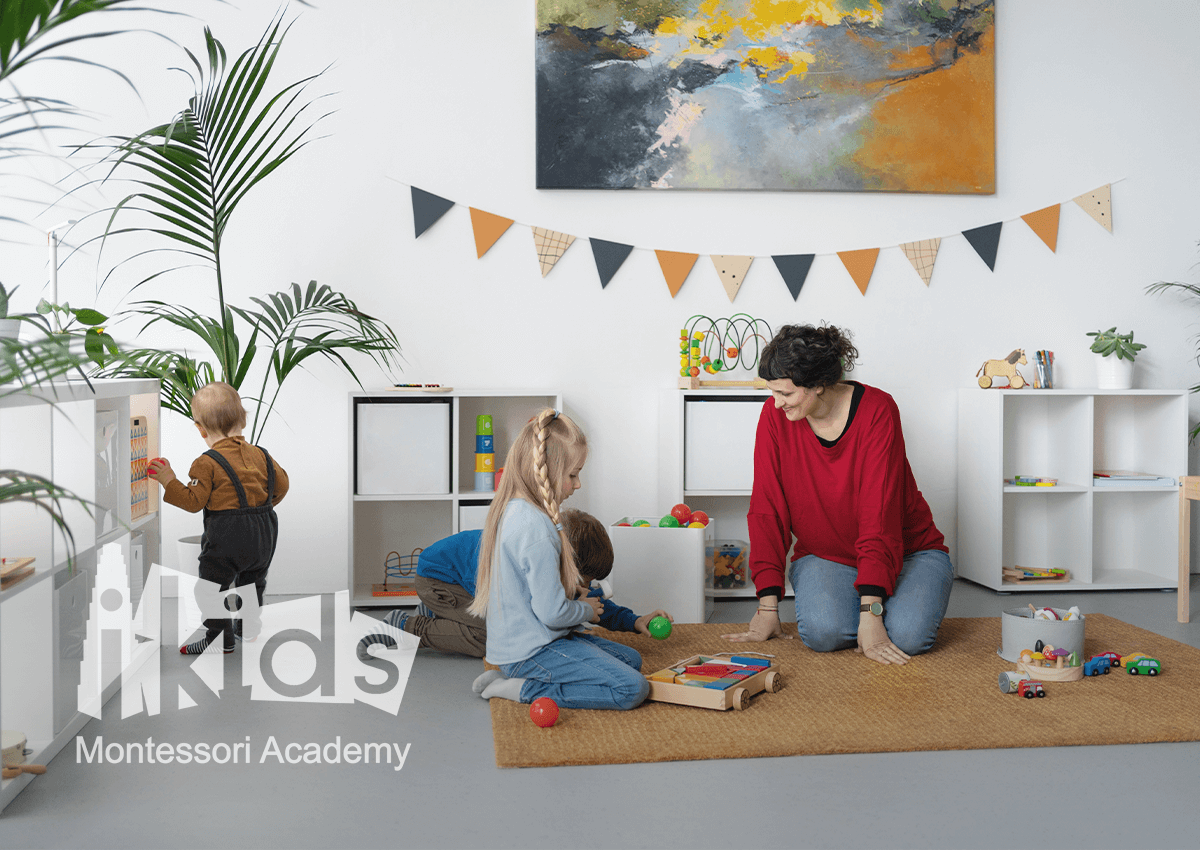
Montessori education is a unique approach to learning that emphasizes independence, self-directed learning, and respect for a child. At ikids Montessori Academy, we provide an environment that nurtures the whole child, both academically and emotionally.
2023-01-24
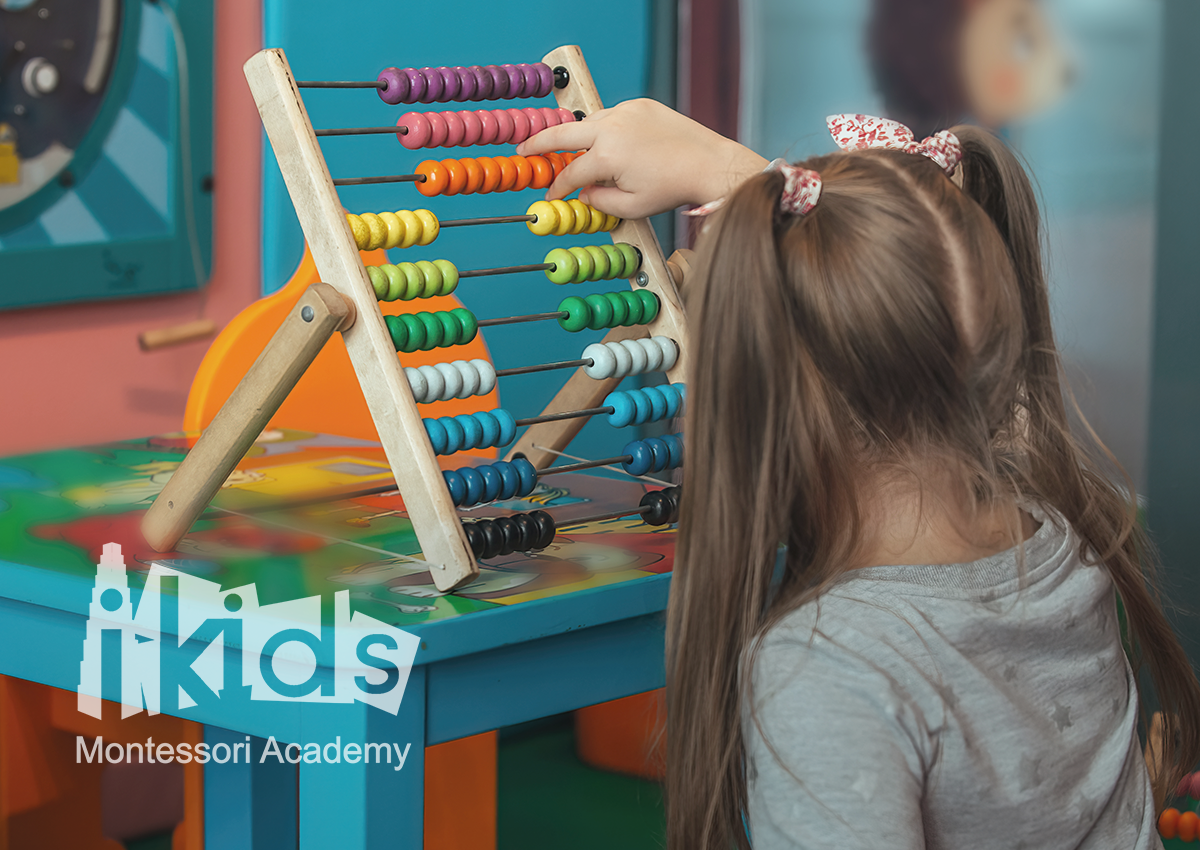
“Outside?” “Mommy can I play?”, “Daddy can I go outside?”, “I want to play”, and “Apple” are just a few examples of things children may verbalize when they are curious and want to explore and engage. Let’s say yes to play!
2023-01-09
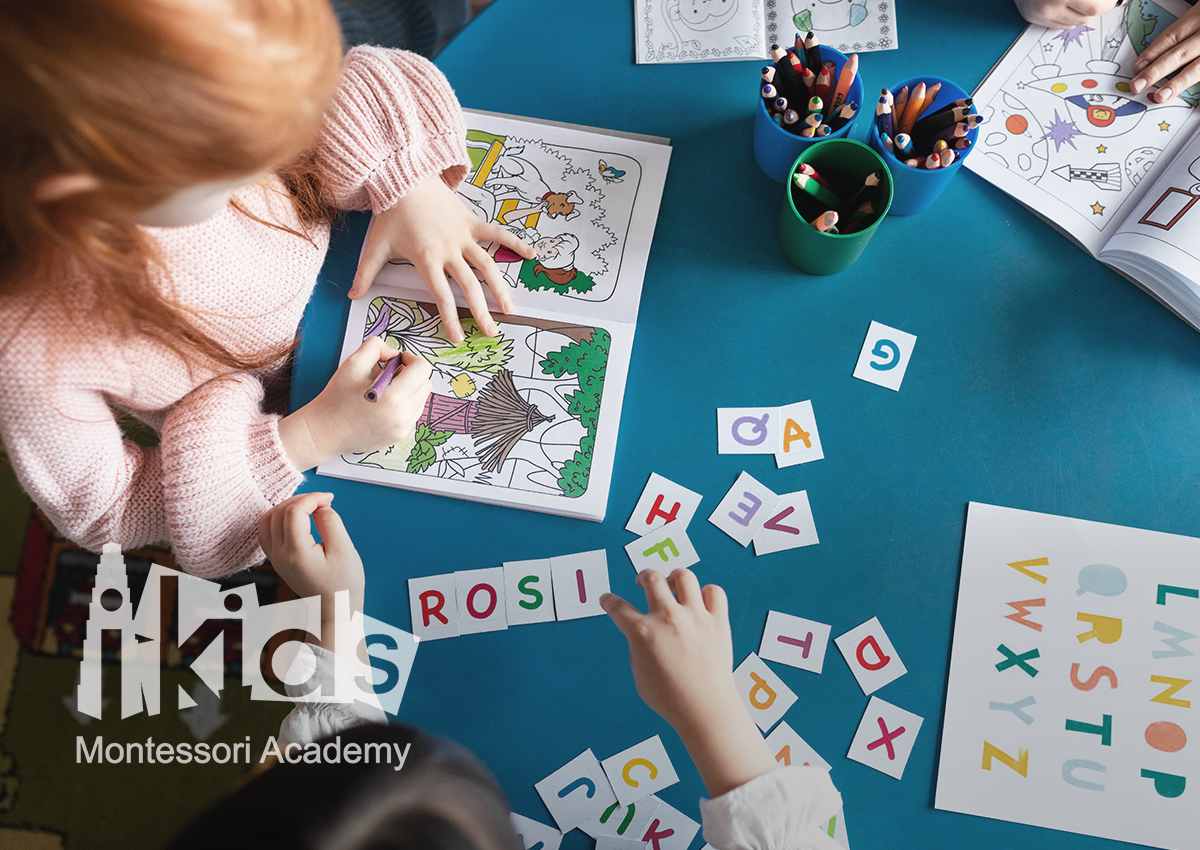
School is back in session, however, sending your children to even the very best of schools doesn’t let us parents off the educational hook. It is important to continue to foster your child’s educational experience at home and to provide a rich learning environment.
2022-11-02